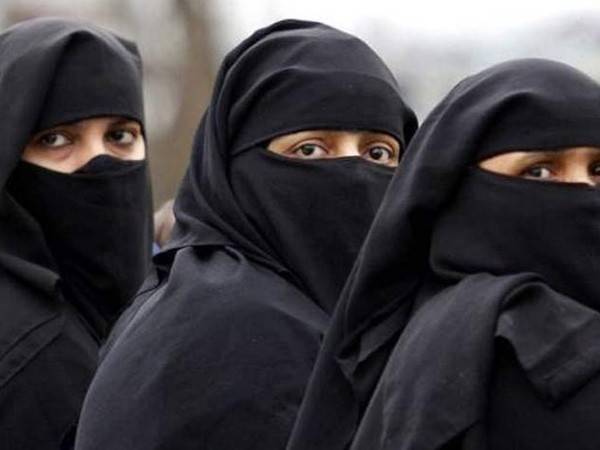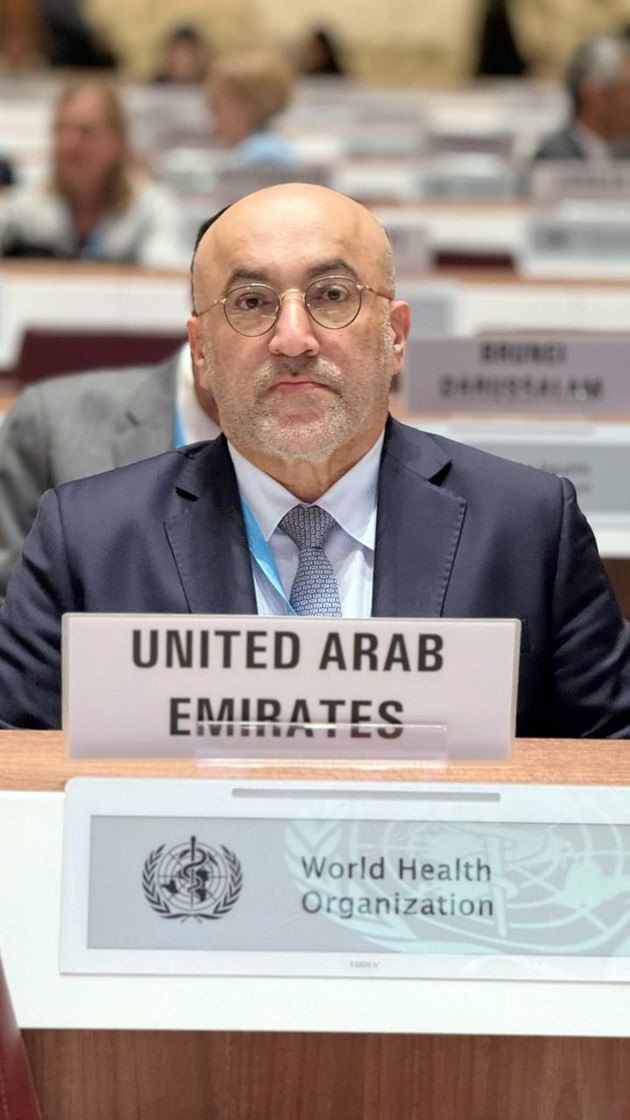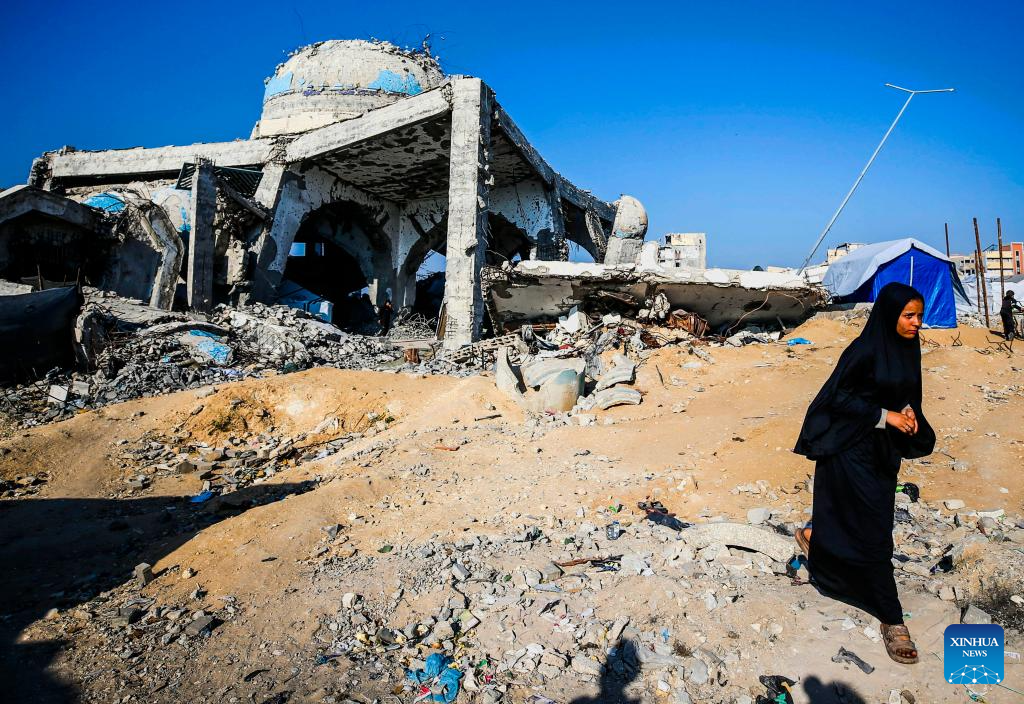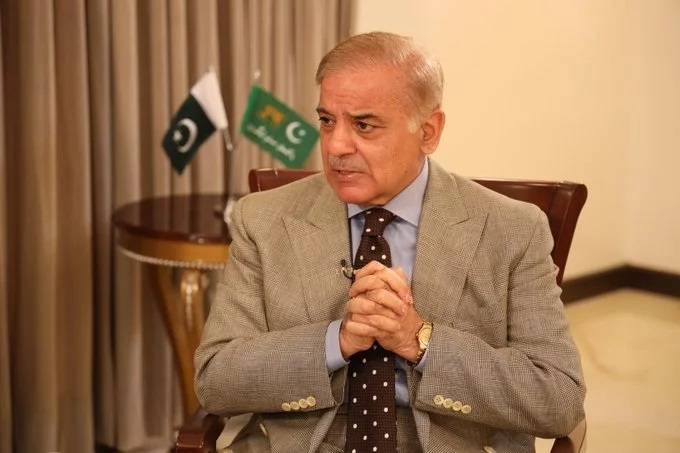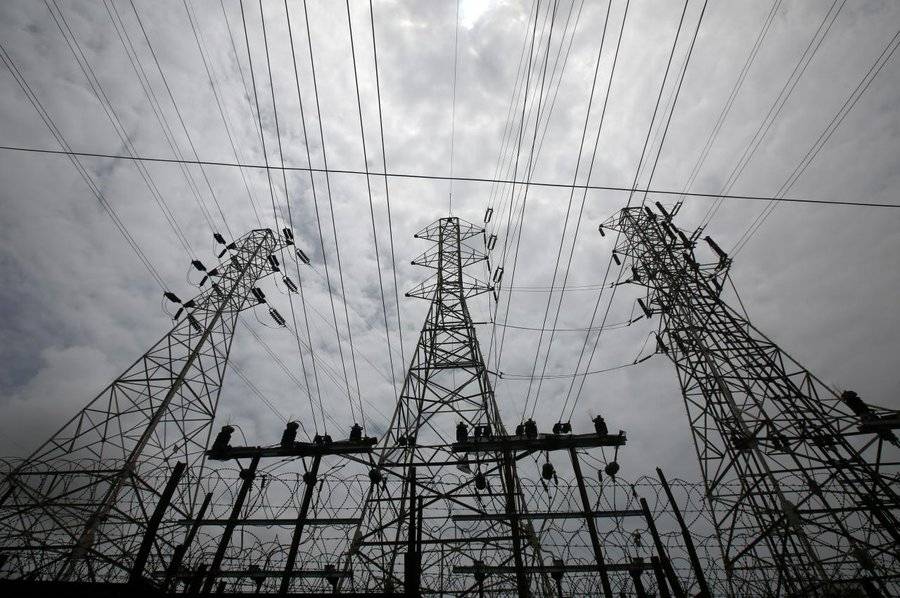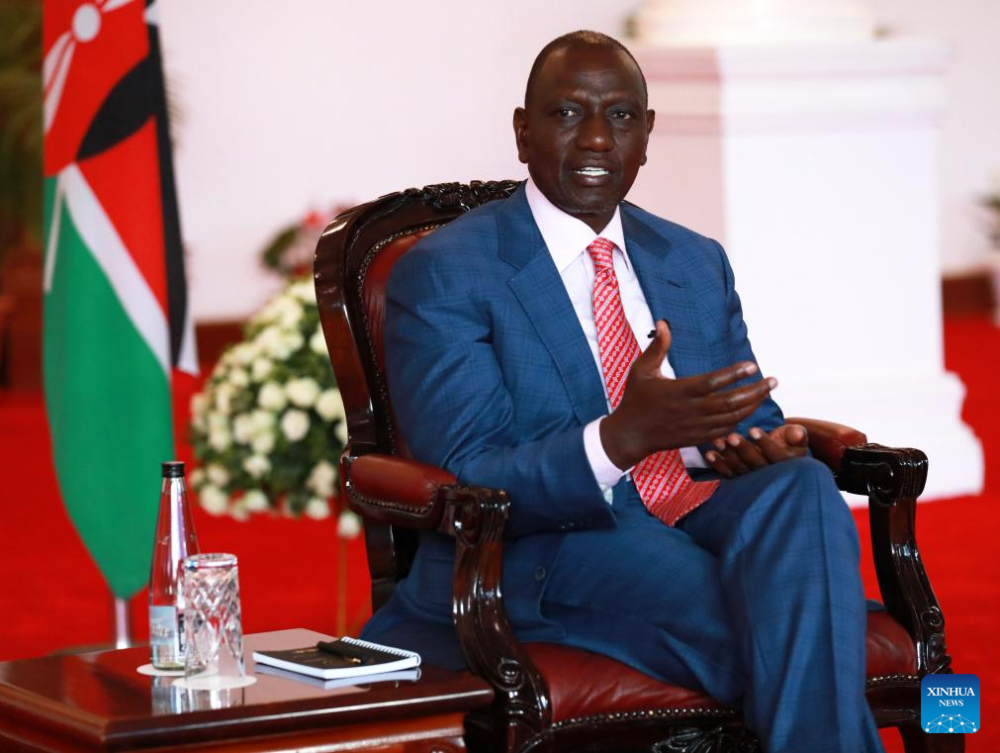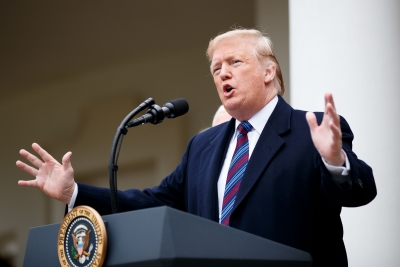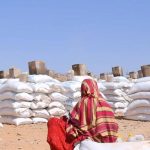Youth unemployment, which was 3.8 times higher than that of adult workers, had been the highest globally for the past 25 years…reports Asian Lite News
The Arab region is the most unequal worldwide, according to a new report from the UN Economic and Social Commission for Western Asia, which warned there was a risk of a “breakdown in social cohesion” if inequalities were not addressed.
The report, called “Inequality in the Arab Region: A ticking time bomb,” said the region had registered some of the highest levels of income inequality globally.
In some countries, the top 10 percent of earners accounted for more than 60 percent of national income, compared with 52 percent globally, 55 percent in Latin America, and 36 percent in Europe.
Factors driving inequality included demographic dynamics, poor education, the digital divide, weak institutions, corruption and lack of transparency, data deficits, and unaffordable housing.
It said gender inequality had been systematically above the global average, with an estimated 179 years needed to close the gender gap compared with 142 years globally.
This gender gap was one of the highest worldwide in 2021 at 61 percent, compared with 67.7 percent globally.
Youth unemployment, which was 3.8 times higher than that of adult workers, had been the highest globally for the past 25 years.
Unemployment among certain groups, such as women and people with disabilities, was even higher than that of men and people without disabilities.
“Such factors, if left unaddressed, will deepen existing inequalities, hitting the poorest and most vulnerable communities hardest. These factors risk inflaming greater disaffection and alienation among Arab populations, resulting in a breakdown of social cohesion,” said UNESCWA executive secretary Rola Dashti.
“Despite this bleak picture, Arab populations are optimistic and hopeful. A survey conducted by ESCWA found that 52 percent of people in the region believe that equality exists, either fully or partially, while 47 percent believe that equality will increase in the next five years,” she said.
She proposed the establishment of a solidarity fund and a regional coalition to reconnect different population groups across the wealthiest and poorest segments of society to create opportunities.
The report said the pandemic had highlighted “deep and long-standing inequalities” across the region, hitting the poorest and most vulnerable communities hardest.
It pushed an additional 16 million people into poverty, increasing the number of poor in the region to over 116 million, almost a quarter of the population.
People in the informal sector, vulnerable workers, women, young people, less-educated workers, and those with disabilities suffered the most from job losses during the pandemic.


